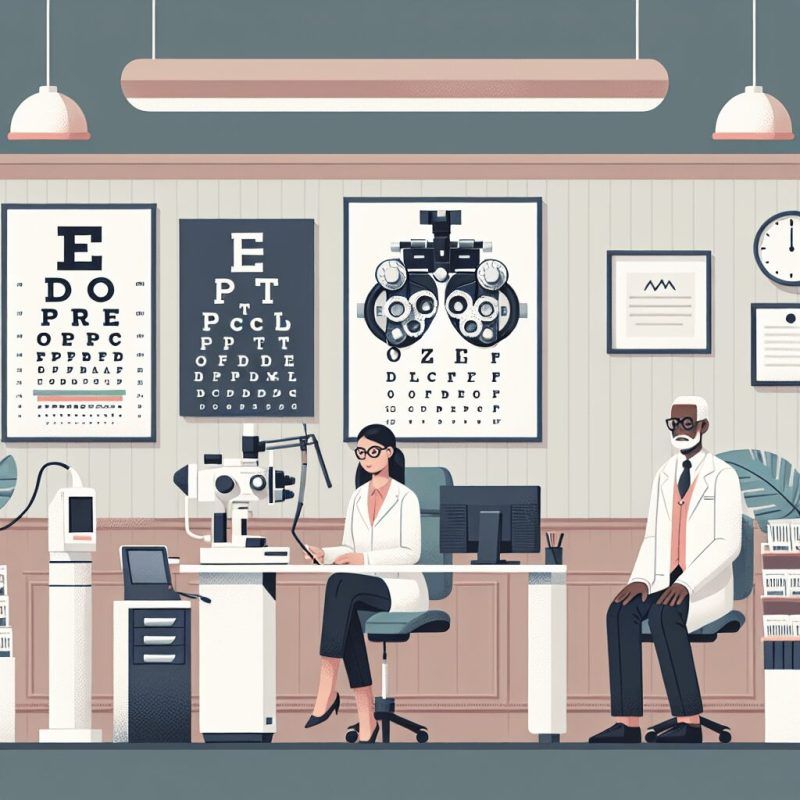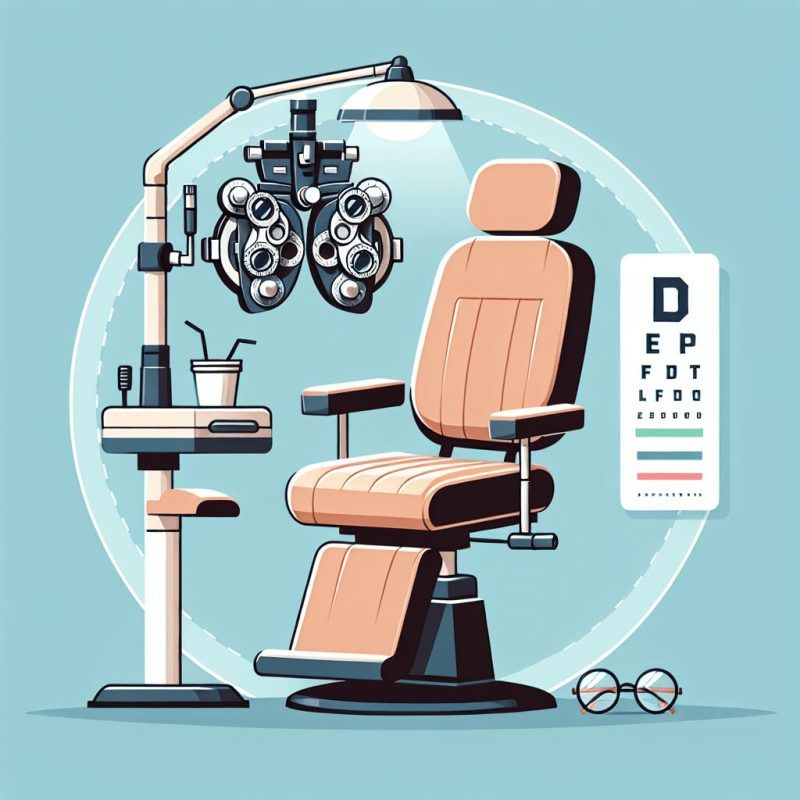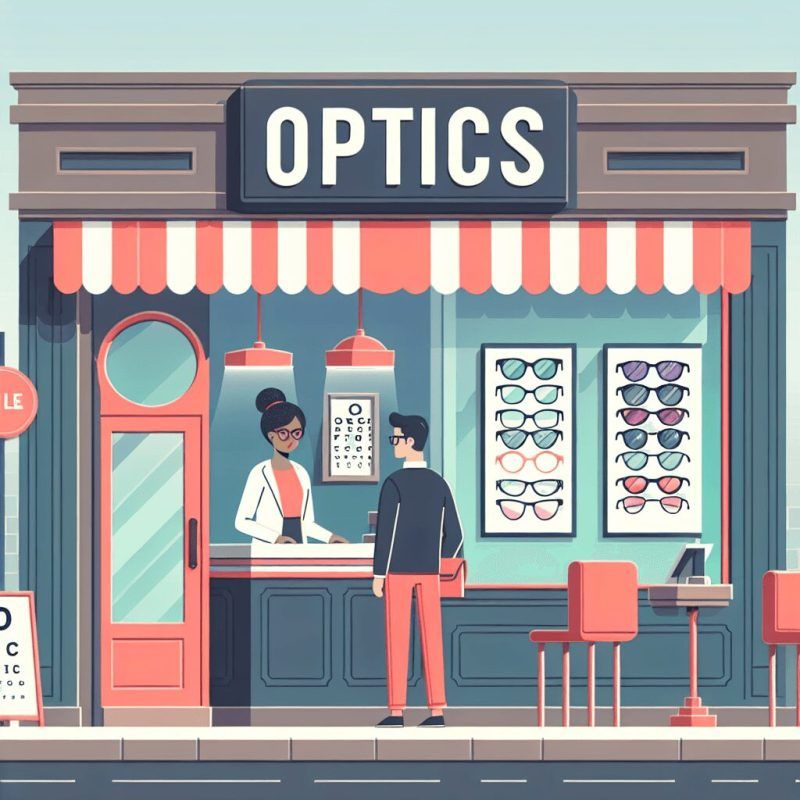Doctor's Corner
7 Common Eye Problems in Elderly Individuals
As you age, your vision can deteriorate quickly. Eye problems in elderly individuals are incredibly common and indicate severe concerns of vision loss.
To maintain your eye health and vision, you must understand the common eye problems that can occur as you age. At Superior Eye Care, a leading optometrist in The Woodlands, we provide preventative and emergency eye care services to help reduce vision loss by addressing concerns as quickly as possible. Read on to learn about the most common eye problems in aging adults, then visit our clinic for an in-depth eye health assessment.
1. Presbyopia
Presbyopia is the formal term for the common process causing you to lose your ability to see close-up objects or fine print over time. Many adults notice this change around age 35 to 40 when their close-up vision begins to suffer. You may also notice symptoms like headaches or tired eyes when trying to read materials within arm’s length.
You can improve presbyopia symptoms with reading glasses or bifocal lenses.
2. Age-Related Macular Degeneration (AMD)
Age-related macular degeneration (AMD) is a form of eye degeneration affecting the cells in the macula, which sits at the center of the retina. The macula is in charge of your sharp central vision, so when it degenerates, you will notice a loss in your central vision, causing issues with detail-oriented tasks such as writing, driving, or differentiating different colors.
As with all eye problems in elderly patients, we can offer multiple treatment methods to slow the progression of AMD by catching it early.
3. Cataracts
In normal, healthy eyes, your lenses should be flexible and clear. If you develop cataracts as you age, the lenses can become stiff, causing cloudy areas to cover your vision. If the cataracts enlarge, you could experience significant vision loss and discomfort.
We can remove cataracts with a simple, common surgery that replaces the cloudy lens with a clear plastic one, restoring your site.
4. Glaucoma
Glaucoma occurs from increased pressure pushing against the eyes, causing vision loss and, potentially, blindness. Certain medications and conditions like diabetes can place you at an increased risk of glaucoma, though you can also develop it from injuries, eye infections, inflammatory diseases, blocked blood vessels, and more.
Glaucoma typically exhibits no early symptoms, though we can detect glaucoma using tests that measure your eye pressure, visual fields, and optic nerve health. If you develop glaucoma, we can treat it with medications, eye drops, or surgery.
5. Dry Eye Syndrome or Teary Eyes
Dry eye syndrome and teary eyes are common eye problems in elderly individuals. Dry eyes can occur when your tear glands fail to produce enough natural lubrication, causing numerous uncomfortable symptoms and potential vision concerns. Excessive tearing causes the opposite symptoms and can indicate a severe concern, like a blocked tear duct or eye infection.
Whether you have watery or dry eyes, your ophthalmologist can correct either condition with eye drops or surgery in severe circumstances.
6. Diabetic Retinopathy
Diabetic retinopathy is a complication of diabetes where the blood vessels in your eyes fail to nourish the retina properly, causing blurred vision, vision loss, and blindness over time if not treated. If you have diabetes-related retinal swelling, you must keep your eyes healthy with regular eye exams and pupil dilations to prevent retinopathy progression. If the disease worsens, you may seek laser procedures or drug injections for treatment.
7. Floaters
Floaters create specks of blurriness or flashes of light across your field of vision as if you’re looking at a dirty windshield. Floaters may occur from retinal detachment and can worsen in bright rooms. The primary solution for severe retinal detachment is surgery.
Prevent Age-Related Vision Loss by Scheduling an Appointment With Superior Eye Care Today
At Superior Eye Care, we specialize in mitigating eye problems in elderly individuals. Call Superior Eye Care in The Woodlands at
(281) 298-5905 to schedule preventative or emergency eye care.
Doctor's Corner





